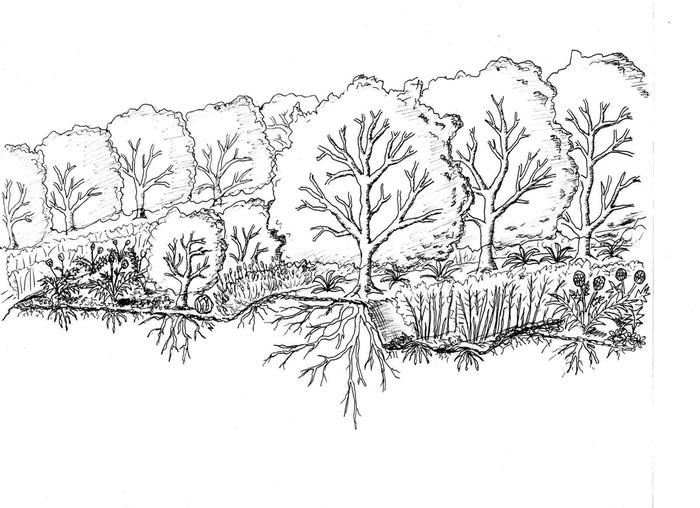
 6
6




 2
2








 4
4




 1
1




 3
3








 3
3




CAT
 5
5




 2
2




 2
2




Brian Briggs wrote:Jennifer you have pried the lid off the can of worms.
Yes, most people want to own the land where they will build their homes. For an Intentional Community the problem with this is, what if that owner gets hit by the beer truck? If they had a will, will the new owner want to participate in the community? Or maybe the owners have a lifestyle change that is not conducive to the community vision, what then?
My line if thinking is that the community would become a legal entity like a LLC. That LLC would hold deed to the land and members of the community would purchase shares to have right to a plot. At the root not much unlike owning a townhouse.
I have been observing that real estate law varies greatly from state to state. Therefore, no single answer is correct for all scenarios.
It is always stimulating to read other's thoughts and ideas.
Thank you all for sharing.
 4
4




Take action!
VitaminDSavesLives.net

|
The harder you work, the luckier you get. This tiny ad brings luck - just not good luck or bad luck.
permaculture bootcamp - gardening gardeners; grow the food you eat and build your own home
https://permies.com/wiki/bootcamp
|

